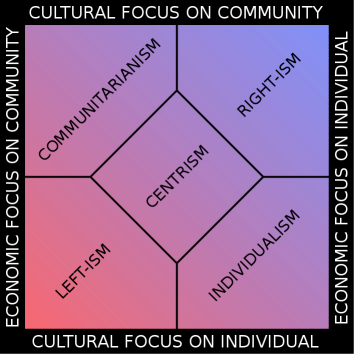I was recently contacted, much to my surprise, by a representative of the new US-based Humanist organisation, the Institute for Science and Human Values (ISHV), founded by none other than Paul Kurtz. Apparently, they had come across a missive I’d posted in the past about the Great Adventure of building a workable secular moral system that can, one day, displace supernaturalist religion as a moral compass in today’s society. Evidently, the ISHV shares a similar vision, and they invited me to contribute some suitably spirited language to their upcoming journal, The Human Prospect.
 Yet, since this unexpected exchange, I’ve been wondering: why am I not already a Humanist?
Yet, since this unexpected exchange, I’ve been wondering: why am I not already a Humanist?
After reading the ISHV’s Neo Humanist statement of secular principles and values, it was readily apparent that I share virtually all the same values as Humanism (at least of the ‘Neo’ variety), and yet I have never found myself identifying with the Humanism movement. Why?
It’s not that I wouldn’t want to belong to a movement that shares my values, and explicitly seeks to spread those values (not that I can even imagine what it would be like to be amongst a group of people who all agree with me on most things). But I presume it would be a buoying experience.
It’s also not that I disagree on any particular points of value or principle. Certainly, I have slightly different views on the origins of morality and the meaning of terms such as ‘wellbeing’, but they’re hardly showstoppers.
So, why am I not a Humanist?
(more…)



